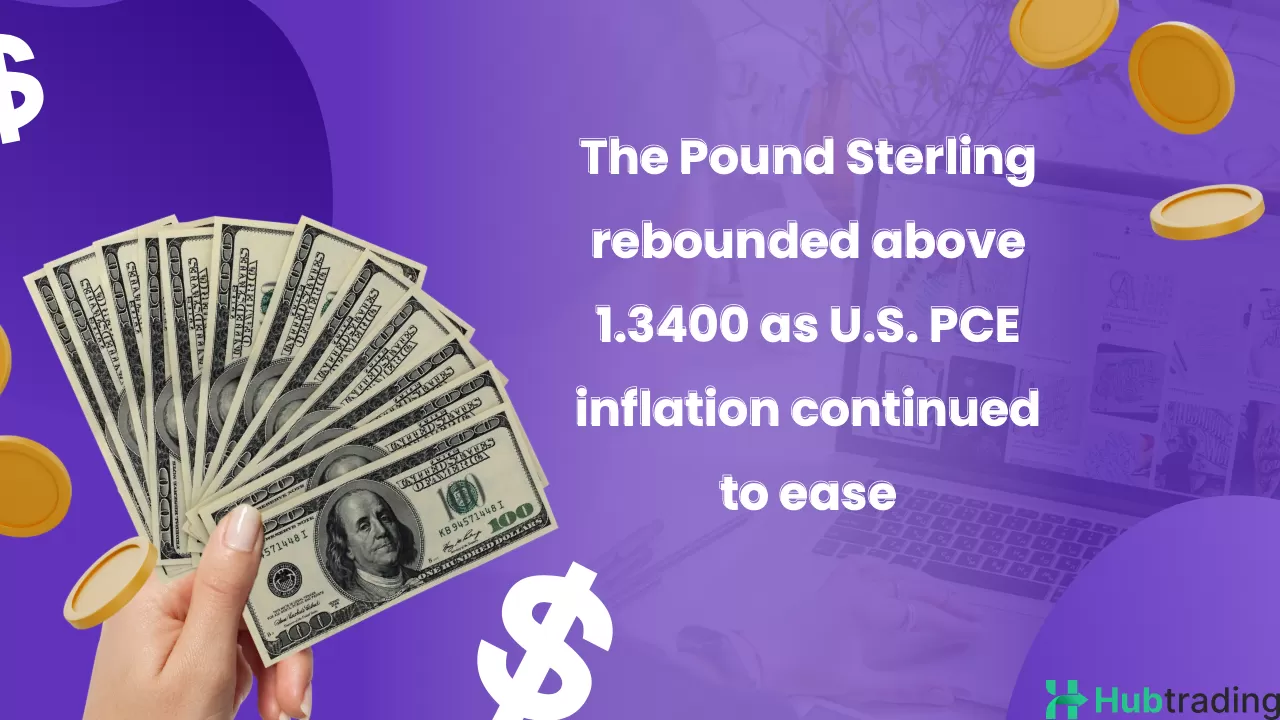- WTI declines amid concerns over deflation in China.
- Oil prices face pressure due to uncertainty over China's economic stimulus measures.
- The U.S. broadens sanctions on Iran's petroleum and petrochemical sectors following an Iranian attack on Israel.
West Texas Intermediate (WTI) oil continues its decline for the second consecutive session, trading around $74.10 per barrel during Monday's Asian session. WTI has dropped by more than 1% after China’s September Consumer Price Index (CPI) came in lower than expected, as reported on Sunday.
The National Bureau of Statistics of China revealed that the monthly CPI remained flat at 0% in September, down from August’s 0.4% increase. The annual inflation rate rose by only 0.4%, missing the forecasted 0.6%. Meanwhile, the Producer Price Index (PPI) fell by 2.8% year-on-year, surpassing the previous 1.8% decline and the anticipated 2.5% drop.
Oil prices are also under pressure due to uncertainty surrounding China’s economic stimulus measures, heightening concerns about demand in the world’s largest oil importer. However, there is some optimism following a briefing from China’s Ministry of Finance (MoF) on Saturday. The National People’s Congress expressed confidence after the ministry announced plans to issue special bonds to support bank recapitalization and stabilize the real estate sector, though no specific details were provided.
The decline in oil prices could be limited by escalating tensions in the Middle East. The U.S. expanded sanctions on Iran’s petroleum and petrochemical sectors on Friday in response to an Iranian missile attack on Israel, according to Reuters.
On Sunday, Hezbollah claimed responsibility for a drone attack in north-central Israel that killed at least four Israeli soldiers and injured over 60 people, as reported by CNN. The attack marked one of the deadliest incidents in Israel since the conflict began in October.





